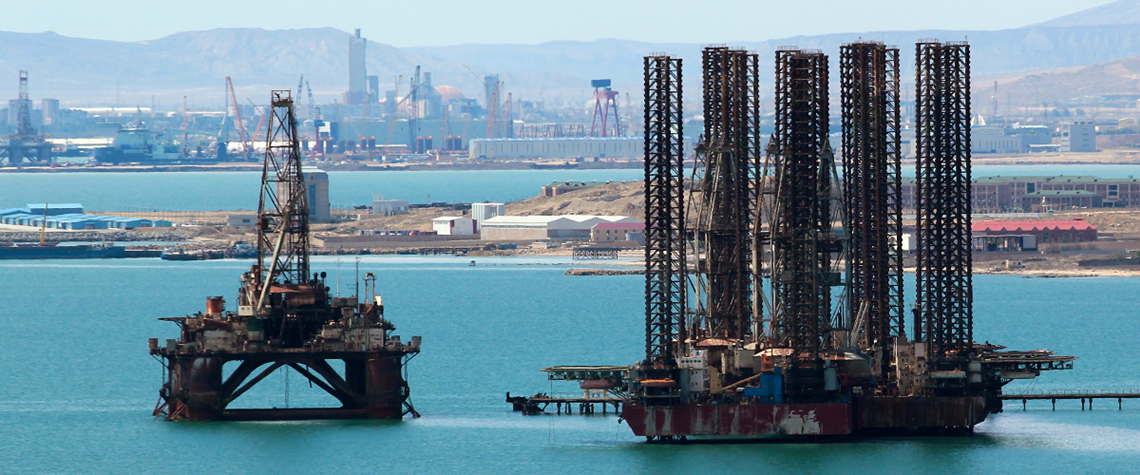Caspian neither a sea nor a lake, apparently
An agreement of sorts has been reached on how to carve up the Caspian
The five countries bordering the Caspian Sea have come up with a fudged definition of its status, which while potentially confusing, has at least broken an impasse over how to divide up its waters and seabed. In doing so it could jolt some stalled oil and gas developments back into life. For years, the nations around the Caspian have haggled over whether the world's largest inland body of water should be classified as a sea or a lake. In the end, following a mid-August meeting in the Kazakh port of Aktau, those countries - Azerbaijan, Iran, Kazakhstan, Russia and Turkmenistan—agreed that it should be classified as neither and be subject to a special set of rules. It's not an academic exercis

Also in this section
18 February 2026
With Texas LNG approaching financial close, Alaska LNG advancing towards a phased buildout and Magnolia LNG positioned for future optionality, Glenfarne CEO Brendan Duval says the coming year will demonstrate how the company’s more focused, owner-operator approach is reshaping LNG infrastructure development in the North America
18 February 2026
The global gas industry is no longer on the backfoot, hesitantly justifying the value of its product, but has greater confidence in gas remaining a core part of the global energy mix for decades
18 February 2026
With marketable supply unlikely to grow significantly and limited scope for pipeline imports, Brazil is expected to continue relying on LNG to cover supply shortfalls, Ieda Gomes, senior adviser of Brazilian thinktank FGV Energia,
tells Petroleum Economist
17 February 2026
The 25th WPC Energy Congress, taking place in Riyadh, Saudi Arabia from 26–30 April 2026, will bring together leaders from the political, industrial, financial and technology sectors under the unifying theme “Pathways to an Energy Future for All”







